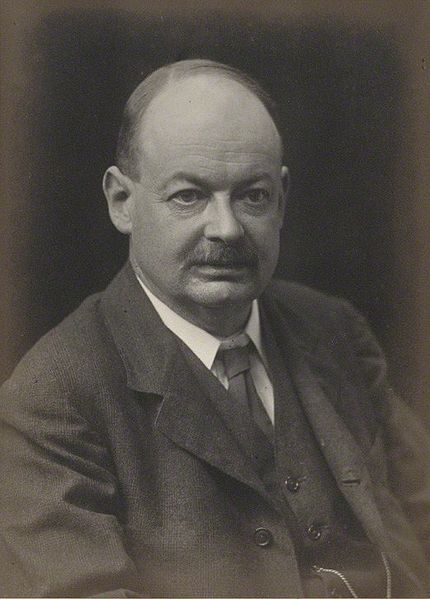September 3: John McTaggart (1866)
Although a radical in his youth, McTaggart’s political and religious/mystical views developed to be more complex as he matured and are often seen as contradictory. A lifelong atheist, McTaggart opposed materialism and developed a semi-mystical, idealist notion that the world is composed of souls related to one another by love (The Nature of Existence, vol. I, 1921; vol. 2, posthumously, 1927). And in the work for which he is best known today, The Unreality of Time (1908), McTaggart argues that our perception of time is an illusion, and that time itself is merely ideal. A conservative who was influential in the expulsion of his friend and teacher Bertrand Russell from Trinity for pacifism during World War I, McTaggart supported woman suffrage. He seems early on (1906) to have rejected the idea of personal immortality, yet later (1921/1927) to defend the immortality of souls and the idea of reincarnation.
Still, McTaggart points out – at length, as philosophers are wont to do – that loss of religion is at best a temporary loss and not much mourned or missed (Dogmas, p. 288)—
It would seem then that we should lose little, if anything, in the way of moral guidance by rejecting a belief in God. ... If any man finds that he is encouraged to do right by a belief in God's existence, taken in itself and not as a means of producing the good, or guiding men's actions, this is ultimate—in his case, and while it lasts. If a man feels morally helped by hearing music of a particular sort, and that sort only, it would be foolish to maintain that such a man lost nothing when he could hear no music, or only music of another sort. And, in the same way, a man who feels discouraged in right action when he rejects the belief in a God, does lose something by his rejection. ... So a man who has been accustomed to be loyal to his country in the name of a king may feel his loyalty shaken if his country becomes a republic. But loyalty, as the history of republics shows us, can do very well without a king, when the king has once gone.
Furthermore, McTaggart points out (Dogmas, pp. 292-293) that belief in religion must be earned, not accepted on faith—
[A] man is not entitled to believe a dogma except in so far as he has investigated it for himself. And since the investigation of dogma is a metaphysical process, and religion must be based on dogma, it follows further that no man is justified in a religious attitude except as a result of metaphysical study. The result is sufficiently serious. For most people, as the world stands at present, have not the disposition, the education and the leisure necessary for the study of metaphysics. And thus we are driven to the conclusion that, whether any religion is true or not, most people have no right to accept any religion as true. … What people want is a religion which they can believe to be true. Since they are confronted on all sides with religions different from their own, and with the denial of all religion, it is inevitable that they should ask themselves why they believe their religions to be true. And when the question is once asked, what can avert a widespread recognition that the truth of religion can only rest on foundations too controversial to be taken on trust, and too obscure for many people to investigate?
John McTaggart Ellis McTaggart died suddenly in London from an inherited circulatory disease on 18 January 1925, after a short illness, and was buried at Trinity College, Cambridge. He was 58 and married but childless. The inscription on his tomb, written in Latin, reads, “The free man thinks about nothing less often than death, and his wisdom is the preparation not for death, but for life.” A former student and Muslim philosophical thinker, Mohammed Iqbal (1877-1938), recalls his mentor at this link.


